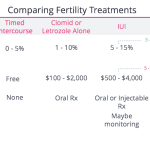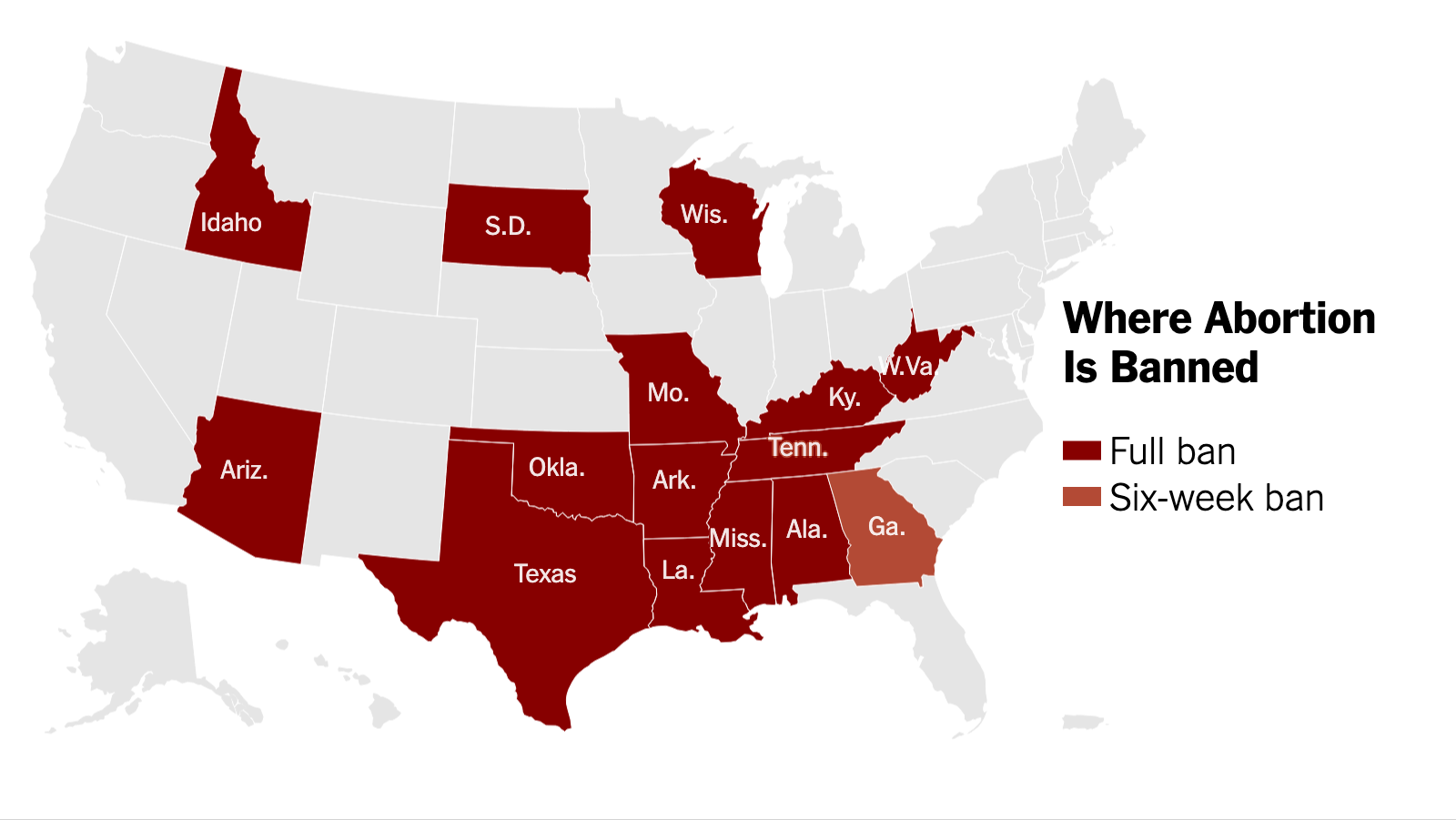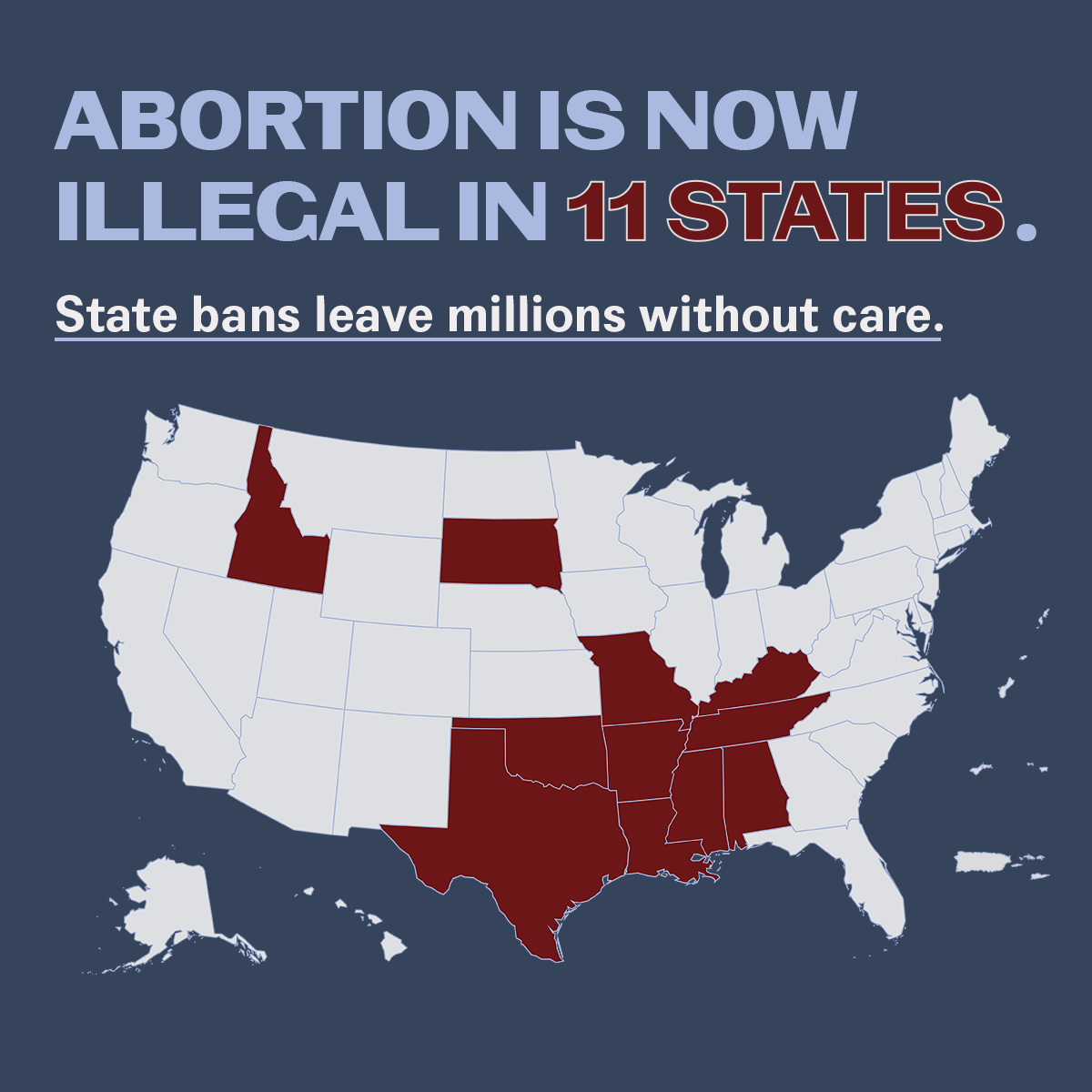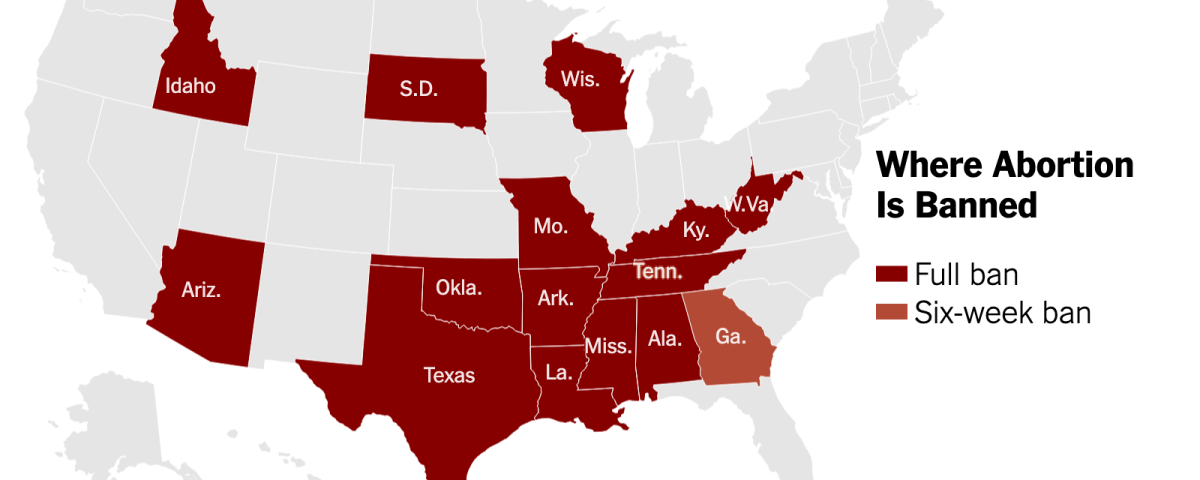
How Much Does One Round of IVF Cost? Your Complete Guide to Understanding the Price Tag
April 29, 2025
Is IVF Safe? Everything You Need to Know About In Vitro Fertilization
April 29, 2025Is IVF Illegal in Some States? Your Guide to Understanding the Facts
In vitro fertilization (IVF) has been a game-changer for millions of families, offering hope to those struggling to conceive. But lately, there’s been a swirl of confusion about its legal status in the United States. You might have heard whispers—or even loud debates—about whether IVF is illegal in some states. Maybe you’re wondering if your dream of starting a family could hit a legal roadblock depending on where you live. Don’t worry—I’ve got you covered. This article dives deep into the truth about IVF laws across the U.S., unpacking the myths, the realities, and what it all means for you.
IVF isn’t just a medical procedure; it’s a lifeline for many. Yet, with recent court rulings and political chatter, people are asking big questions: Is IVF at risk? Are some states banning it? What’s the real story? Let’s break it down together, step by step, with the latest info, real examples, and practical tips to help you navigate this tricky topic.
What Is IVF, and Why Does It Matter?
IVF stands for in vitro fertilization, a process where doctors combine an egg and sperm outside the body, then place the resulting embryo into the uterus. It’s been around since 1978, when the first “test-tube baby,” Louise Brown, was born in England. Since then, it’s helped over 8 million babies come into the world, according to the International Committee for Monitoring Assisted Reproductive Technology. In the U.S. alone, nearly 100,000 babies are born through IVF each year—that’s about 2% of all births, per the Centers for Disease Control and Prevention (CDC).
Why does it matter? For couples facing infertility, single parents by choice, or same-sex couples, IVF can be the key to building a family. It’s not just about science—it’s about dreams coming true. But when legal questions pop up, those dreams can feel shaky. So, let’s get to the big question: Is IVF actually illegal anywhere in the U.S.?
The Short Answer: No, IVF Isn’t Illegal in Any State
Here’s the good news: As of April 2025, IVF is legal and available in all 50 states. No state has passed a law outright banning the procedure. You can breathe a sigh of relief—whether you’re in California, Texas, or anywhere in between, IVF clinics are open and operating. But here’s where it gets complicated: Legal doesn’t always mean unrestricted. Some states have rules or recent court decisions that make people nervous about the future of IVF. Plus, there’s a lot of misinformation floating around, especially on social media like X, where posts sometimes claim IVF is “under attack” or “banned” in certain places.
So, if IVF isn’t illegal, why the confusion? It’s tied to debates about embryos, reproductive rights, and a few high-profile cases that have sparked headlines. Let’s dig into what’s really happening.

Why People Think IVF Might Be Illegal: The Alabama Case That Shook Things Up
In February 2024, the Alabama Supreme Court dropped a bombshell. They ruled that frozen embryos created through IVF could be considered “children” under the state’s Wrongful Death of a Minor Act. This came after a lawsuit involving a couple whose embryos were accidentally destroyed at a fertility clinic. The court’s decision leaned on the idea that life begins at conception—a belief held by some religious and anti-abortion groups.
What happened next? Panic. Fertility clinics in Alabama paused IVF services, worried that if embryos were legally “children,” doctors or patients could face lawsuits—or even criminal charges—if embryos were lost or discarded during the process. Imagine being a doctor afraid to do your job because a routine part of IVF might land you in court. Or a patient wondering if your frozen embryos could tie you up in legal battles.
But here’s the update: Alabama lawmakers acted fast. By March 2024, they passed a law protecting IVF providers and patients from liability over embryo loss. Clinics reopened, and IVF resumed. So, in Alabama, IVF is still legal—and safe for now. This case, though, left a lingering question: Could other states follow a similar path?
The Bigger Picture: How Abortion Laws Tie Into IVF
The Alabama ruling didn’t happen in a vacuum. It’s part of a broader shift since the U.S. Supreme Court overturned Roe v. Wade in 2022, letting states decide their own abortion laws. Some states now define life as starting at conception, which raises eyebrows about IVF. Why? Because IVF often involves creating multiple embryos, and not all of them get used. Some are frozen, donated, or discarded—a standard part of the process. If embryos are legally “people,” could that make parts of IVF risky or even illegal?
Take Texas, for example. Its strict abortion laws define life at fertilization. Does that affect IVF? Not yet. Texas hasn’t restricted IVF, and clinics there are still running full steam ahead. But legal experts—like Greer Donley from the University of Pittsburgh School of Law—point out a tension. Anti-abortion groups pushing “personhood” laws might not want to target IVF (it helps create life, after all), but their logic could accidentally snag it. It’s like setting a trap for one thing and catching something else by mistake.
So far, no state has banned IVF based on these laws. But the uncertainty keeps people on edge. Could a future court case or new legislation change things? It’s a possibility worth watching.
State-by-State: Where Does IVF Stand Today?
Let’s zoom out and look across the U.S. IVF’s legal status is solid, but access and rules vary. Here’s a snapshot of what’s happening in a few key states as of April 2025:
- Alabama: Legal, with new protections after the 2024 scare.
- Texas: Legal, no restrictions, despite strict abortion laws.
- California: Legal, with strong support—some of the best insurance coverage for IVF in the country.
- Louisiana: Legal, but unique. It’s the only state where embryos can’t be destroyed—they must be donated if unused. Still, IVF itself isn’t banned.
- Florida: Legal, no major threats, even with its tough abortion stance.
What’s the pattern? No bans, but some states flirt with ideas that could complicate IVF down the road. Louisiana’s rule, for instance, might hint at where “personhood” debates could lead. Still, for now, you can access IVF anywhere in the U.S.—though cost and insurance coverage are a whole other story.
Interactive Quiz: Test Your IVF Knowledge!
Think you’ve got the basics down? Take this quick quiz to find out! Jot down your answers and check them at the end.
- Is IVF illegal in any U.S. state as of April 2025?
A) Yes
B) No - What caused Alabama clinics to pause IVF in 2024?
A) A state ban
B) A court ruling about embryos - Which state requires unused embryos to be donated, not destroyed?
A) Texas
B) Louisiana
(Answers: 1-B, 2-B, 3-B. How’d you do?)

The Cost Factor: Legal Doesn’t Mean Easy
Even though IVF is legal everywhere, getting it isn’t always simple. One huge hurdle? Money. A single IVF cycle can cost $12,000 to $17,000, says the CDC—and that’s before extras like medications or genetic testing. Insurance coverage varies wildly:
- 19 states (like New York and Illinois) mandate some form of infertility treatment coverage, including IVF in many cases.
- 31 states don’t require it, leaving patients to pay out of pocket.
In states without coverage, IVF can feel out of reach. Take Sarah, a 32-year-old from Missouri. She and her husband saved for two years to afford one cycle—$15,000 total. “It’s legal here,” she says, “but it might as well be impossible without insurance.” Compare that to California, where state law often covers multiple cycles, making it a smoother road for families.
Practical tip: Check your state’s insurance laws on the RESOLVE: National Infertility Association website. Some employers also offer fertility benefits—40% of U.S. companies did in 2022, per Mercer. Ask your HR department!
What’s New in 2025: Fresh Data and Trends
Here’s where this gets exciting—let’s look at what’s happening right now. Google Trends shows searches for “is IVF illegal in some states” spiked in early 2024 after the Alabama ruling, and they’re climbing again in 2025 as election season heats up. On X, posts reflect a mix of relief (“IVF is still legal everywhere!”) and worry (“How long until it’s banned?”). People are curious—and a little scared.
New research adds fuel to the fire. A 2024 Pew Research survey found 70% of Americans think IVF access is a “good thing,” even among those who oppose abortion. That’s a big deal—it suggests broad support could protect IVF from future threats. Plus, the American Society for Reproductive Medicine reported a 5% uptick in IVF cycles in 2024 compared to 2023, showing demand is growing.
But there’s a twist: Some states are quietly drafting bills. In 2025, Missouri and Oklahoma lawmakers floated “personhood” proposals that could impact IVF if passed. Nothing’s law yet, but it’s a heads-up to stay informed.
Three Things You Haven’t Heard About IVF Laws
Most articles stop at the basics—legal status, Alabama, abortion ties. But there’s more to the story. Here are three angles you won’t find everywhere:
1. The Religious Divide Nobody Talks About
Not all anti-abortion groups agree on IVF. Some, like the Southern Baptist Convention, voted in 2024 to oppose it, citing embryo disposal as morally wrong. Others, like many Catholic families, embrace IVF as a way to grow their families despite church teachings against it. This split means the push against IVF isn’t as unified as you might think—good news for its future.
2. Frozen Embryo Battles Are Heating Up
What happens to embryos after a divorce? In states like Arizona, courts have ruled embryos are “property” to be split, not “people.” But if more states adopt Alabama’s view, custody fights could get messy. Imagine a couple arguing over who “owns” a frozen embryo—or if it can be destroyed at all. It’s a legal gray area that’s growing.
3. International Lessons We’re Ignoring
Countries like Italy and Poland once restricted IVF for single women or same-sex couples, but they’ve loosened up due to public demand. The U.S. could learn from this: When people want IVF, laws tend to bend. Yet, we rarely look abroad for clues on how to keep IVF safe and accessible.
Could IVF Ever Become Illegal? What to Watch For
No crystal ball here, but let’s play out the possibilities. IVF’s biggest risk isn’t an outright ban—it’s slow, sneaky changes. Here’s what could shift the landscape:
- Personhood Laws: If more states define embryos as people, IVF could face limits on embryo creation or disposal. Watch states like Georgia or Kentucky, where these ideas are bubbling.
- Court Rulings: Another Alabama-style decision could spark chaos. Clinics might pause again, even if laws don’t change.
- Federal Moves: Congress could step in. Senators like Ted Cruz pushed an IVF Protection Act in 2024 (blocked by Democrats), showing both parties want to weigh in.
On the flip side, public support is a shield. That 70% approval rate from Pew? It’s a sign lawmakers might hesitate to mess with IVF, especially in an election year like 2025.
Practical step: Follow news from groups like the American Society for Reproductive Medicine. They track bills and rulings that could affect IVF in real time.
Your Action Plan: Navigating IVF in Uncertain Times
Feeling overwhelmed? You don’t have to. Here’s a simple guide to stay ahead of the curve, whether you’re planning IVF or just curious:
✔️ Research Your State: Look up your state’s laws on IVF and embryo status. Sites like HFEA.gov (for trends) or your state’s health department are goldmines.
✔️ Talk to Clinics: Call a local fertility clinic and ask about their take on current laws. They’re on the front lines and know the vibe.
✔️ Plan Financially: Save up or explore financing—IVF won’t get cheaper. Look into grants from groups like Baby Quest Foundation if insurance won’t cover it.
❌ Don’t Panic: Rumors fly fast. Stick to verified info, not X posts or random blogs.
❌ Don’t Wait Too Long: If IVF’s in your future, start now—legal shifts take time, but they can creep up.

Real Stories: How IVF Laws Affect People Like You
Meet Emily, a 35-year-old from Alabama. When clinics paused in 2024, her cycle got delayed three months. “I was terrified we’d lose our chance,” she says. The new law eased her fears, but she’s still wary. Then there’s Jamal in Texas, who finished IVF in 2024 with no issues. “People talk like it’s banned here, but it’s not,” he laughs. “We’ve got twins now!”
These stories show the gap between headlines and reality—and how fast things can change. Your experience might depend on timing, location, and a bit of luck.
Poll Time: What Do You Think?
Let’s hear from you! Pick an option below and share your thoughts in your head (or with a friend if you’re feeling chatty):
- IVF should stay legal everywhere, no question.
- I’m worried it could get restricted—laws are too unpredictable.
- I don’t care either way, as long as it’s an option for those who need it.
What’s your gut say? It’s a great way to process all this info.
The Future of IVF: Hope, Not Fear
So, is IVF illegal in some states? Nope—not today, not in April 2025. It’s legal coast to coast, even if the ground feels a little shaky in places. The Alabama scare woke everyone up, but it also proved people fight for IVF when push comes to shove. Lawmakers, doctors, and families rallied fast to keep it alive.
Looking ahead, IVF’s future hinges on balance—between science, ethics, and politics. New tech, like better embryo screening, could make it more effective (a 2024 study in Reproductive Sciences showed a 10% boost in success rates with AI tools). But legal battles might test its limits. The key? Staying informed and vocal. If 70% of us support IVF, that’s a loud voice.
For now, if IVF’s on your radar, you’ve got options. Dig into your state’s rules, plan smart, and don’t let rumors scare you off. This isn’t just about laws—it’s about hope, families, and the messy, beautiful reality of building a life.




